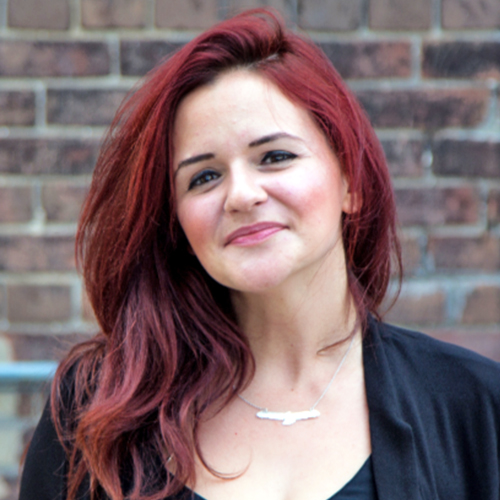 IBCLC Detailed Content Outline: Clinical Skills / Education and Communication Focused CERPs - Section VII B
IBCLC Detailed Content Outline: Clinical Skills / Education and Communication Focused CERPs - Section VII B
Access CERPs on Clinical Skills / Education and Communication for the IBCLC Detailed Content Outline recertification requirements. On-demand viewing of the latest Clinical Skills / Education and Communication focused IBCLC CERPs at your own pace.

Out of the Blue: Post-Partum Mood Disorders and Breastfeeding

Dianne is an IBCLC, podcaster, author, lactation education manager and has been working with families since 2008. She has worked with thousands of families in all areas of their breast/chest feeding journey. Dianne teaches using her real-life experiences and case studies, which sets her apart in the lactation field providing a personalized and realistic experience for her audiences. Dianne’s evolution began as a clinical, patient-centered lactation consultant to a public speaker and educator, where she really shines. Her energy is contagious, and is felt by families, lactation consultants and birth workers alike.
Topic: Out of the Blue: Post-Partum Mood Disorders and Breastfeeding - [View Abstract]
Topic: Paying it Forward, Support for the Breastfeeding Mother and Baby - [View Abstract]
Topic: Traumic Life Experiences and how they Affect the Breastfeeding Mother - [View Abstract]
Topic: Unlocking the Power of Proper Latching: Overcoming Challenges and Maximizing Breastfeeding Success - [View Abstract]
It is well known that breastfeeding is beneficial to both mother and baby. What happens if breastfeeding is not well established? Researchers are looking closer to postpartum mood disorders and what influence breastfeeding may have in a new mother's psychological well being.
Postpartum depression has been linked to low breastfeeding rates, as well as lower duration rates. Postpartum depression falls under the diagnosis of "major depressive disorder with peripartum onset during pregnancy or in the weeks following delivery" (Bascom & Napolitano, 2015). It has been estimated that postpartum mood disorders, strike an estimated 10-20% of new mothers (Bascom & Napolitano, 2015). However, it has been argued that this number reflects only those women who have sought help for their symptoms. The probability that more women are affected by postpartum mood disorders is high.
Postpartum mood disorders adversely affect not only the health of the mother, but also the relationship with her partner, interaction with her newborn and infant growth (Yusuff, Tang, Binns, Lee, 2015). There are several predictors that can help determine if a woman is at risk for postpartum mood disorders, including mental health history, social status, and labor and delivery. Researchers have found that when more medical interventions were used during labor, the higher the depressive symptoms for the mother. This presentation will aid personnel working with new families to be aware of the signs and syptoms of postpartum mood disorders and how to preserve the breastfeeding relationship.

View Details / Enroll
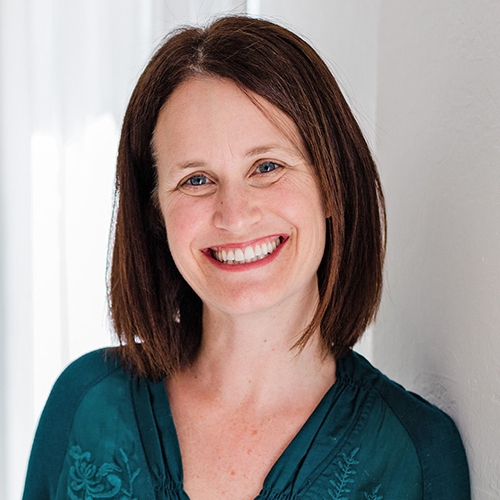
Overcoming Challenges When Providing Virtual Support to Breast/Chestfeeding Families

Robin Kaplan has been an IBCLC since 2009, the same year that she opened up the San Diego Breastfeeding Center. She founded the San Diego Breastfeeding Center Foundation in 2016, a 501(c)3 organization whose mission is to reduce breastfeeding disparities among families of color and low-income families, as well as provide scholarships for women of color to become IBCLCs.
Robin was the founding host of the Boob Group podcast and published her first book, Latch: a Handbook for Breastfeeding with Confidence at Every Stage in 2018. Robin’s center has been a clinical training site for the UCSD Lactation Consultant program since 2015.
In 2019/2020, Robin helped write the curriculum for the University of California San Diego Lactation Educator Counselor program and was the Program Manager for the UCSD Curriculum Development Team for the Pathway 1&2 Lactation Consultant program. Robin has a BA from Washington University in St Louis and Masters in Education from University of California Los Angeles. Robin is currently attending the Functional Nutrition Alliance to become a Functional Nutrition Counselor.
The need to provide virtual support for breast/chestfeeding families may have been ignited by the pandemic, but telehealth is here to stay. The convenience and flexibility of meeting with families virtually removes barriers, such as location, childcare, and transportation. It also comes with its own set of challenges, such as difficulties reading body language, making connections with our clients, and assessing oral anatomy/milk transfer. Yet, with some intentional preparation, crafty detective skills, open-ended questions, and protocols for complicated situations, you may find that virtual consultations can truly meet the needs of your clients/patients.
This presentation will help attendees think through those important preparations to optimize virtual support.

View Details / Enroll
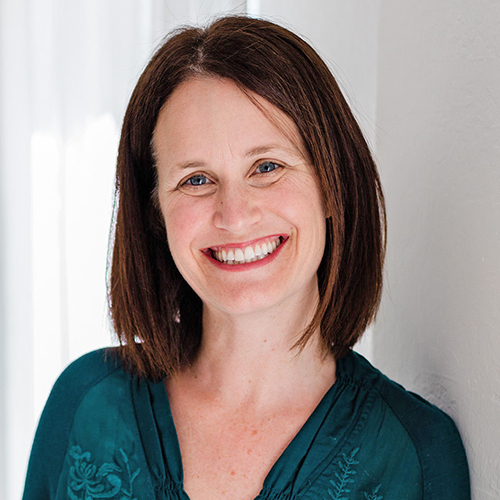
View Details / Enroll
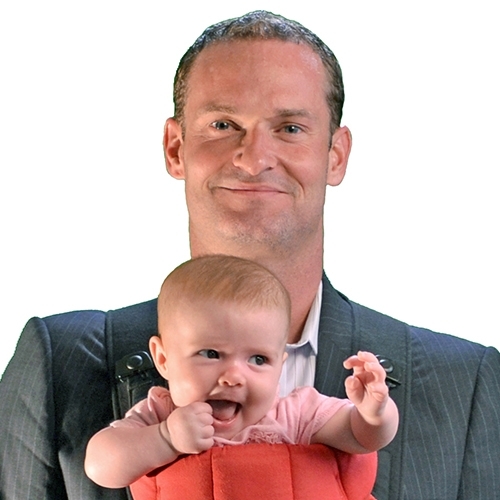
Paternal Perinatal Mental Health: Yes, It's a Thing, and What to Do About It

Dr. Singley is a San Diego-based board certified psychologist and Director of The Center for Men’s Excellence. His research and practice focus on men’s mental health with a particular emphasis on reproductive psychology and the transition to fatherhood. Dr. Singley won the American Psychological Association’s 2017 Practitioner of the Year Award from the Division on Men & Masculinities. He is Past President of the APA’s Section on Positive Psychology and currently serves on the Board of the APA’s Society for the Psychological Study of Men and Masculinities as well as Postpartum Support International's Advisory Council. He conducts trainings around the country to assist individuals and organizations to enhance their level of father inclusiveness and founded the grant-funded Basic Training for New Dads, Inc nonprofit and Padre Cadre social networking application just for dads in order to give new fathers the tools they need to be highly engaged with their infants as well as their partners. In his free time, Dr. Singley likes to cook, surf, read, and drive his two sons to activities all over town so they can’t escape his annoying shrinky questions. Follow him @MenExcel and www.facebook.com/MenExcel/.
Topics covered will include common misconceptions about men’s perinatal mental health along with best evidence-based practices in screening, assessment, and interventions to enhance new fathers’ mental health and engagement with their children as well as their partners.

Peer Counselors In The Hospital; Taking Your Peer Counselor Program To The Next Level

Lisa Huffstetler is the mother of six children with years of personal breastfeeding experience. She has been an International Board Certified Lactation Consultant since 2011. Lisa began working with breastfeeding families as a Peer Counselor in 2008 as part of the Gaston County, North Carolina WIC's implementation of their Peer Counselor Program. She is passionate about helping new moms become successful in reaching their breastfeeding goals. Lisa is currently working as the Gaston County WIC agency's Lactation Consultant. She enjoys teaching breastfeeding classes, conducting staff trainings and working to keep staff updated on breastfeeding policy.
As a new grandmother, one of her new found interests is helping grandparents support their children appropriately in their new role as parents, especially in effective support of breastfeeding.
Hospital visits from a Peer Counselor just after delivery can have a tremendous impact on breastfeeding for mom and baby. Evidence-based research shows that Peer Counselors can share an important role in the success of breastfeeding for families. Peer Counselors making an early connection and reminding families that there is someone here to help them with their breastfeeding journey, now and after mom and baby discharge from the hospital, can be very comforting for those nervous new parents. Often, a short visit from a Peer Counselor to reassure a new mother that she is right on track with breastfeeding is just what mom needs to encourage her for the learning period she is going through. Learn about the success stories of a Peer Counselor Program from the implementation of hospital visitation through years of success in hospital visits and the difference it has made in their Peer Counselor Program participation and breastfeeding numbers.
There are challenges to getting Peer Counselor hospital visits started. It may not be as easy to get your foot in the door as you would think. We will discuss some of the red tape situations you may encounter as you start trying to set up hospital visits. Adding hospital visits to your Peer Counselor activities can have a positive impact on your Peer Counselor Program and increase breastfeeding rates for your area.

View Details / Enroll

View Details / Enroll

Perinatal Mood & Anxiety Disorders: Essential Clinical Skills

Dr. Christina Hibbert is the bestselling author of This Is How We Grow, Who Am I Without You, 8 Keys to Mental Health Through Exercise, & the forthcoming Mastery of Motherhood (www.MasteryOfMotherhood.com). She is a clinical psychologist specializing in women’s and maternal mental health, parenting, grief/loss, self-worth, and personal growth, and host of the weekly web radio/TV show, “Motherhood.”.Dr. Hibbert is a popular speaker, founder of the Arizona Postpartum Wellness Coalition, and producer of the internationally-sold DVD, Postpartum Couples. A mother of six, Christina was named “Mother of the Year” AZ, 2018, and lives in Flagstaff, AZ, with her husband and family. Learn more about Dr. Hibbert through her award-winning website and blog, “The Psychologist, The Mom, & Me,” at www.DrChristinaHibbert.com.
Knowing the signs and symptoms of perinatal mood and anxiety disorders(PMADs) is an important starting point, but what happens next? How do you bring up PMADs and maternal mental health, assess, know when to refer, and ensure clients actually receive the treatment they need? Dr. Christina Hibbert reassures, “You don’t have to know it all.” Whether you’re a medical, mental health, or other support professional working with perinatal women and families, understanding the fundamental clinical skills essential to perinatal mental health will provide the quality of care your clients and patients deserve. What can you say? How can you ensure the proper diagnosis? And what are the resources when you need to refer? Learn these skills and more in this inspirational, informative presentation.

View Details / Enroll
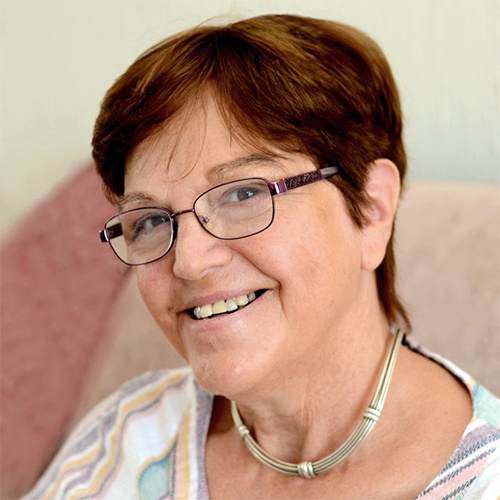
Pharmacokinetics and Clinical Implications of Drugs in Human Milk: The Substance-Exposed Infant

In her employed life Wendy was a community pharmacist and also worked in doctor surgeries supporting cost effective, evidence-based prescribing.
Wendy left paid work to concentrate on writing Breastfeeding and Medication (Routledge 2nd edition 2018), developing information and training material on drugs in breastmilk as well as setting up her own website www.breastfeeding-and-medication. She has also published Breastfeeding for Dads and Grandmas (Praeclarus Press) and Why Mothers Medication Matters (Pinter and Martin). She is also co editor of a book to be published January 2020 called A guide to breastfeeding for medical professionals (Routledge).
Wendy is known for her work on providing a service on the compatibility of drugs in breastmilk and has been a breastfeeding peer supporter for 30 years. She is passionate that breastfeeding should be valued by all and that medication should not be a barrier. She has 3 daughters and 5 grandchildren. All her family seem as passionate about breastfeeding as she is and currently all 3 of her daughters are breastfeeding.
She was awarded a Points of Light award by the Prime Minister in 2018 and nominated for an MBE in the New Year's Honours List 2018 for services to mothers and babies. She received her award at Windsor Castle in May 2019 from Her Majesty the Queen.
Topic: Medication and Breastmilk in the NICU - [View Abstract]
Topic: Pharmacokinetics and Clinical Implications of Drugs in Human Milk: The Substance-Exposed Infant - [View Abstract]
We are aware that an increasing number of babies are exposed to opiates, to methadone, to cannabis and cocaine through maternal breastmilk. In this presentation, I will discuss the pharmacokinetics of the medications and how this impacts the clinical care of the babies both immediately after delivery and later on. We need mothers to be open and honest about any drugs which they have taken in order that we may care for the baby appropriately if it is exhibiting clinical symptoms. This impacts on safeguarding issues but our aim should be to help the mother consider the impact on her baby using evidence-based information and to maintain breastfeeding appropriately. What are the long- and short-term implications of exposure for mother and baby? Is there sufficient research? As always, more questions than answers.

View Details / Enroll
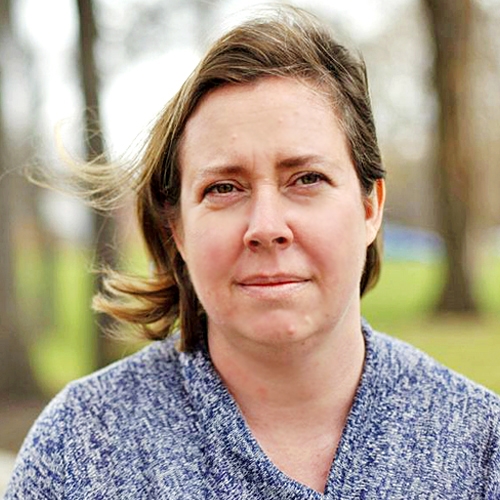
Playing Well with Others: Collaborating in High Conflict/Low Trust Settings

Michelle Pensa Branco MPH IBCLC is a lactation consultant and public health advocate. In addition to her clinical practice, which has included in-hospital, outpatient and private practice settings, she advocates for improved maternal-child health practices at the local, national and global level. She has a particular interest in the impact of trauma to breastfeeding families, models of peer support to improve breastfeeding outcomes and the application of health communication principles to the promotion and protection of breastfeeding. Michelle serves as the Director of Peer Support Programs and provides clinical lactation expertise for Nurture Project International, the only international NGO focused exclusively on infant feeding in emergencies. With Jodine Chase, she co-founded a Canadian non-profit organization, SafelyFed Canada. She is also an active member of the Ontario Public Health Association’s Breastfeeding Promotion Working Group. Michelle has previously served as the Vice-Chair of La Leche League Canada, the Communications Director for the Canadian Lactation Consultants Association as well as the Toronto Coordinator of INFACT Canada. When she is not travelling for work, Michelle stays close to home, living with her family just outside Toronto, Ontario, Canada.
Topic: Keeping the Fox Out of the Chicken Coop: Safeguarding Your Reputation Against Baby Feeding Industry Influence - [View Abstract]
Topic: Playing Well with Others: Collaborating in High Conflict/Low Trust Settings - [View Abstract]
Topic: Watching Our Words: Is Risk-Based Language Always the Right Choice? - [View Abstract]
Collaboration is the foundation of the work of lactation professionals. As allied health providers, the team approach is at the centre of our professional relationships. Differences in professional practice and standards of care are aggravated by health care systems that are fragmented and operate in silos, while the high emotion and urgency of infant feeding concerns interfere with reasoned collaborative decision-making. Where adequate training, workplace policies and management oversight fail, conflicts within the team may escalate to incivility, lateral violence and bullying. IBCLC must be able to name and act when conflict crosses these boundaries.
At a policy level, the problems facing breastfeeding are among the most "wicked" of public health's "wicked problems".
In perpetually resource- limited settings, the challenges of policy-making, good governance and innovative programs require effective collaboration and co-operation within and across organizations.
Limited time and energy is available for the enormous work required to provide excellent care to families and create societies that fully support them to breastfeed their children for as long as they wish to. Moreover, because of the intensity of the "wicked" problems we face and the urgency of resolving them both in individual cases and at the policy level, conflict and erosion of trust often occur. Because we cannot only work with those we would like to work with to accomplish our goals, we must learn "stretch collaboration", explored using Adam Kahane's model of working in absence of friendliness, agreement or trust.

View Details / Enroll
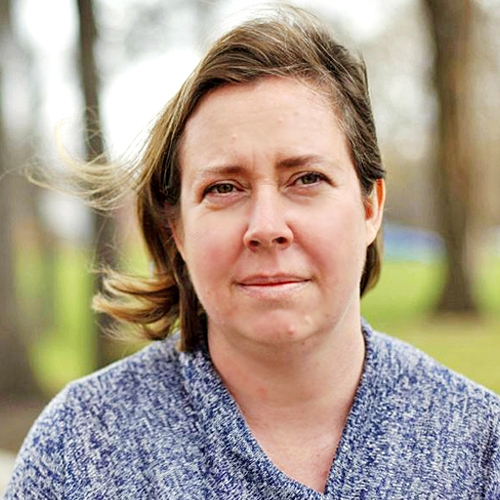
View Details / Enroll

Preventing the Plunge: Why the First 2 Weeks are Crucial for Breastfeeding Duration.

Cindy Leclerc and Jana Stockham are Registered Nurses and IBCLCs with over 20 years experience helping families get started with breastfeeding. In addition to hands on care, Cindy and Jana use technology to support families through their website (cindyandjana.com), online prenatal breastfeeding classes (simplybreastfeeding.ca) and iPhone app, NuuNest. Cindy is a strong believer in mother-to-mother support, helping to facilitate breastfeeding and postpartum depression support groups. She is intrigued by all things online and actively uses social media to promote breastfeeding. Jana has been trained as a Baby Friendly assessor and helped to coordinate the first Baby Friendly designation in Saskatchewan. She has a passion to help families with new babies and facilitates a group for breastfeeding moms.
Topic: Meeting your breastfeeding goals - [View Abstract]
Topic: Preventing the Plunge: Why the First 2 Weeks are Crucial for Breastfeeding Duration. - [View Abstract]
The majority of women begin breastfeeding at birth. Within the first 6 weeks, however, breastfeeding rates fall dramatically. To help women hang in with breastfeeding beyond the first weeks, we must first understand why they struggle. Learn what the research is saying and what you can do in your practice to help women meet their breastfeeding goals. IBCLC’s who specialize in the early weeks of breastfeeding will share case examples based on over 20 years of working with breastfeeding families.

View Details / Enroll
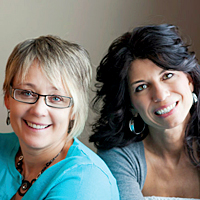
View Details / Enroll
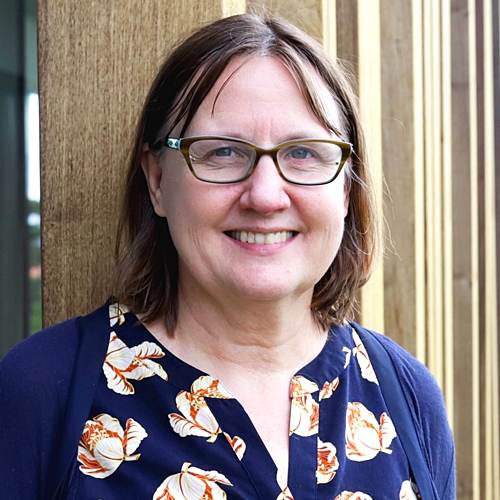
Promoting Self-Management of Breast and Nipple Pain for Women During Breastfeeding

Ruth Lucas, PhD, RNC, CLS, received her Bachelor of Science in Nursing from George Mason University (1986) and her Doctor of Philosophy of Science (2011) from the University of Illinois at Chicago. Based on 20 years of supporting women and infants to initiate breastfeeding, her research focuses on the biobehavioral mechanisms of breastfeeding, such as breast and nipple pain. Dr. Lucas and her team conducted a pilot randomized control trial (RCT) as part of the Center for Accelerating Precision Pain Self- Management (CAPPS-M) (P20NR016605). The pilot RCT tested the feasibility, acceptability, and efficacy of a breastfeeding self-management (BSM) intervention for breast and nipple pain during breastfeeding and found the BSM intervention significantly reduced breast and nipple pain and is associated with pain sensitivity polymorphisms. Her published work describes management of pain during breastfeeding, a clinical indictor of infant breastfeeding behaviors, and a biomedical device to measure breastfeeding in real time.
Topic: Promoting Self-Management of Breast and Nipple Pain for Women During Breastfeeding - [View Abstract]
Despite 90% of women experiencing breast and nipple pain during breastfeeding, mothers rarely receive adequate knowledge and skills for breastfeeding pain self-management and cease breastfeeding. Our randomized control trial (RCT) pilot study tested the feasibility, acceptability, and efficacy of a breastfeeding self-management intervention (BSM) on breast and nipple pain and breastfeeding outcomes. Sixty women were recruited after delivery and completed survey measures of pain and breastfeeding outcomes, pain sensitivity testing and a biological sample to assess genetic risk for pain at baseline. Both groups completed pain and breastfeeding outcomes surveys via texting links using REDCap 7.4. Women in the intervention group received biweekly nurse-lead texting and cloud-based educational modules addressing breast and nipple pain and breastfeeding challenges. The BSM intervention was acceptable and sustainable for 94% of the women who continued to breastfed to 6 weeks. Acute breast and nipple pain at 1 and 2 weeks were significantly reduced and was associated with pain sensitivity polymorphisms, suggesting a genetic risk profile of pain-associated breastfeeding cessation.
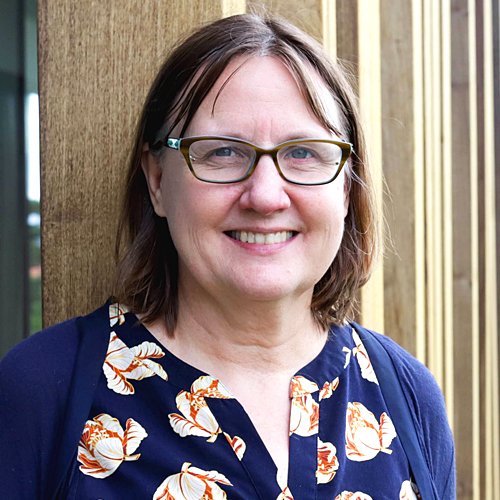
View Details / Enroll
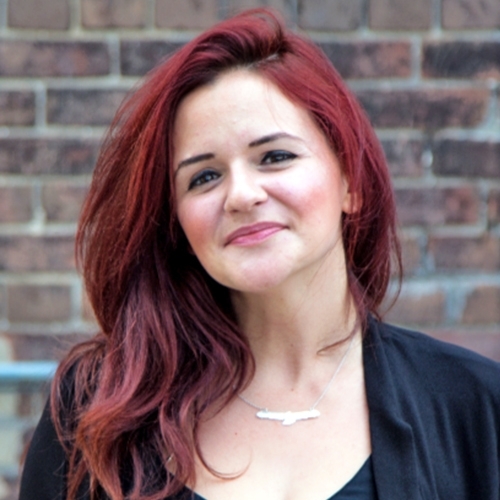
Protecting The Sacred: Honouring Birth Parents Through Planning for the Postpartum Journey

Emily Blackmoon (French/British/Algonquin) (She/Her) is a Registered Social Worker and holistic psychotherapist. She has worked for over 10 years as a therapist and case manager specifically within the urban Indigenous community of Toronto, supporting parents, families, children and youth. In 2014 she completed a 4 year training in Gestalt therapy and is now a supervisor. In her therapy practices, Emily combines Anti-Racist. Anti-Oppressive, and Feminist principals of social work with Gestalt therapy and Indigenous worldviews. Emily works with new parents to support them in developing wholistic, empowered and gentle approaches to the pregnancy/parenting journey.
Participants will be invited to holistically consider the postpartum needs of birth parents. Through an invitation to walk through the various aspects of their human journey - from the spiritual and cultural, to the emotional, the cognitive and the physical- participants will be invited to think critically and holistically about the human needs of those on their journey towards giving birth and after giving birth. Emily will use these directions to invite participants to support professionals in asking their patients and clients: what they want out of their pregnancy/postpartum journey? Who and what is within their constellation of support, and how? How do we support our parents in accessing their own agency to ask for support in the event that they experience the symptoms of postpartum mood and anxiety disorders?









